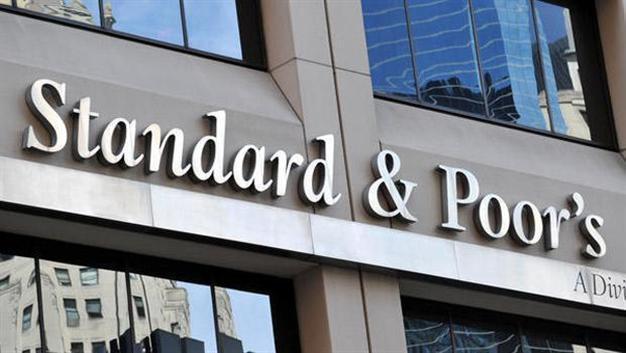S&P sends Brazil deeper into junk territory
RIO DE JANEIRO - Agence France-Presse
 Standard and Poor’s cut Brazil’s already dire junk credit rating a further notch from BB+ to BB on Feb. 17, warning the world’s seventh biggest economy faces worse to come.
Standard and Poor’s cut Brazil’s already dire junk credit rating a further notch from BB+ to BB on Feb. 17, warning the world’s seventh biggest economy faces worse to come.The new downgrade reflected the South American country’s steep recession, rising inflation and vulnerability to a big drop in prices for iron ore, oil and agricultural products that form the backbone of its economy.
In addition, Brazil has been crippled politically by gridlock in Congress and a protracted battle to impeach President Dilma Rousseff.
“The political and economic challenges Brazil faces remain considerable, and we now expect a more prolonged adjustment process -a slower correction in fiscal policy as well as another year of steep economic contraction,” S&P said in a statement.
“The negative outlook reflects that we believe there is a greater than one-in-three likelihood of a further downgrade,” the agency said, citing “the risk of potential key policy reversals given Brazil’s fluid political dynamics and inconsistent policy initiatives, or as a result of greater economic turmoil than we currently expect.”
S&P stripped Brazil of its investment grade rating last September. Fitch also cut Brazil’s credit rating to junk in December and Moody’s has given the country its lowest investment grade, Baa3.
Brazil’s government said that despite the gloomy prognosis, S&P’s rating “does not alter the perspectives for recovery of the Brazilian economy in the medium term.”
“The federal government continues to work on reestablishing fiscal balance and building the groundwork for a return to growth,” the economy ministry said in a statement. “Despite the current scenario of economic recession, the country remains fully capable of honoring its commitments and fulfilling its contractual obligations.”
Earlier this month, Brazil’s inflation rate rose to a 12-year high of 10.71 percent, well beyond the Central Bank’s target of 6.5 percent.
Brazil’s economy shrank by more than three percent last year, and the International Monetary Fund is now predicting a 3.5-percent contraction this year, a far cry from the commodities-fueled boom in the 2000s.
















